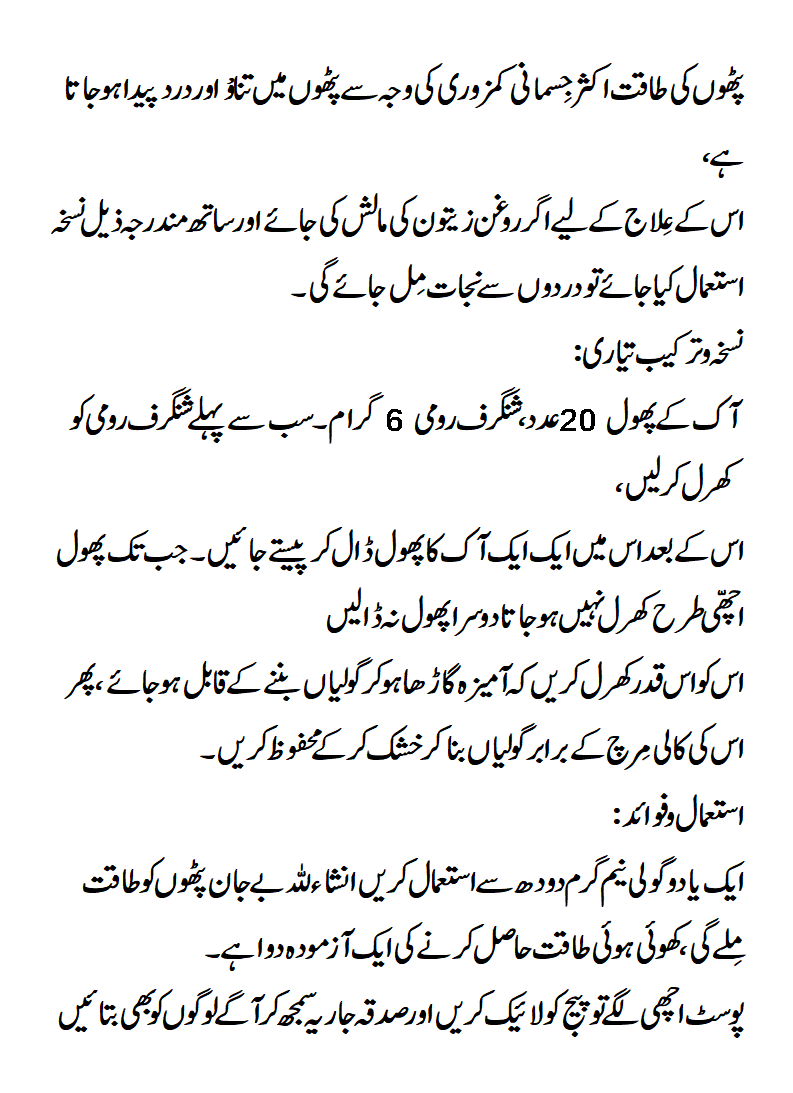This leaflet looks at types of muscle weakness and discusses the wide range of problems which may cause them. These range from the very common to the very rare. Some are mild and reversible; others are not. Most can be improved by exercise and physiotherapy.
Muscle weakness is a common complaint but the word weakness has a wide range of meanings, including tiredness, reduced power and failure to work at all. There is an even broader range of possible causes.
What is muscle weakness?
The term muscle weakness can be used to describe several different things.
Primary or true muscle weakness
This shows itself as an inability to perform what you want to do with a muscle, even the first time you try. There is a reduction in the force which the muscle can exert, however hard you try. The muscle is not working properly – it has become abnormal.
When this kind of weakness occurs the muscles are often floppier than usual and reduced in bulkiness. It can happen, for example, following stroke. It is also seen in a condition called muscular dystrophy (discussed further below). Both of these conditions result in weakened muscles which cannot move the usual load. It’s a real change in muscle power.
Muscle tiredness
This is sometimes called asthenia. It is a sense of weariness or exhaustion that you feel when using the muscle. The muscle isn’t genuinely weaker, it can still do its job but it takes you more effort to manage it. This type of weakness is often seen in people who have chronic fatigue syndrome, sleep disorders, depression, and chronic heart, lung, and kidney disease. It may be due to a reduction in the speed with which the muscle can get its energy supply.
